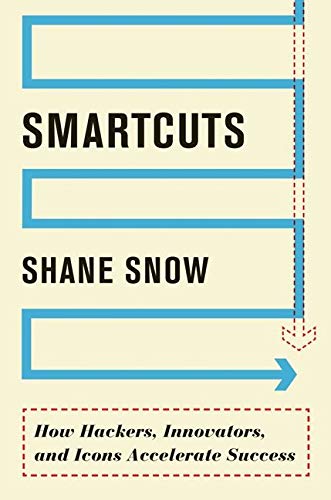Book Review: Fellow Creatures
Published:
Fellow Creatures by Harvard Professor Christine Koragaard is a Kantian account of our obligations to animals. She argues that animals are “ends-in-themselves” and outlines practical consequences for human obligations.

Here’s the paperback.
Utility: ⭐⭐⭐⭐ (4/5)
The book is digestable and contributed to my views on animal rights. Her tight, step-by-step arguments will have you nodding along until the conclusion. The practical implications section is a highly insightful perspective on society, evolution, and human obligations. An important read for anyone interested in animals or animal rights.
Writing: ⭐⭐⭐ (3/5)
Korsgaard is very thorough with her explanations. The book can occasionally read a little slow, particularly in theory-dense sections. Fortunately, the chapters can be read separately (they’re designed to be independent), so readers should feel free to skip around. Many sections were emotionally powerful, asking the reader to empathize with an animal; those were my favorite passages.
Notes
- Value is tethered. Nothing is “good” in a vacuum, but rather “good-for” me, “good-for” you, or “good-for” some other concious, valenced creature. Animals have both functional goods (e.g. an acorn is “good-for” a squirrel) and final goods (e.g. the feeling of satiation).
- As a consequence, it doesn’t make sense to say that humans are objectively more valuable. To animals, we don’t matter at all.
- Humans are important in one sense: they possess practical reason, the capacity to reason about our actions. Rational self-government requires that we take our goods to be absolute goods which others must respect.
- But animals also have absolute goods. Animals are similar to us in the sense that matters.
- Some propose eliminating carnivores to prevent widespread suffering in nature. Korsgaard thinks that this is unethical in the same way as gentrification: we have no right to alter their way of life.
- The marginal cases argument - which compares animals to human infants or the disabled - is wrong because it ignores questions of kind. Humans in different stages or conditions are still rational agents.
- Species can be considered as one entity, for whom events can be good-for. Extinction is bad-for a species.
